As white people learn that racism is real, there is a waking up to the fact they may also are involved in the system that creates it. When talking about inequality I hear the term White privilege thrown about and it gets a lot of mixed reactions. Some people hate it, more don’t get it, and those that do often exclusively use the idea as a way to berate other white folk for not being better. I’ve been thinking about the concept for a while, why it’s so hard for people to get, and if there is a better way. I think I’ve cracked the code, but we gotta talk about what white privilege is and why it’s not working.
Privilege is the idea that there are things that are easier for people in the majority because they have more access to more. More what? More power. This idea comes in a lot of styles and intersections for some. When you have a majority you also have privilege. For there to be powerless there have to be powerful. So, White privilege is having access to more power than other skin-toned counterparts. Power? What do you mean?
“Power is the ability to exercise one’s will over others (Weber 1922). Power affects more than personal relationships; it shapes larger dynamics like social groups, professional organizations, and governments. “
Power is a Complicated Thing
We often think of the power that resides over us but not the power we have over others. That power just feels “right” or “deserved” — even if it’s not. It’s just the way the world works, and not an unjust system that has been set up, one that we can change and effect. Problem is, those with power tend to have no incentive to let it go. Look at how people play monopoly and the maniacal pleasure people get from controlling the board, knowing it’s often just luck and poor balancing that got them there, only to say that’s just the way it is.
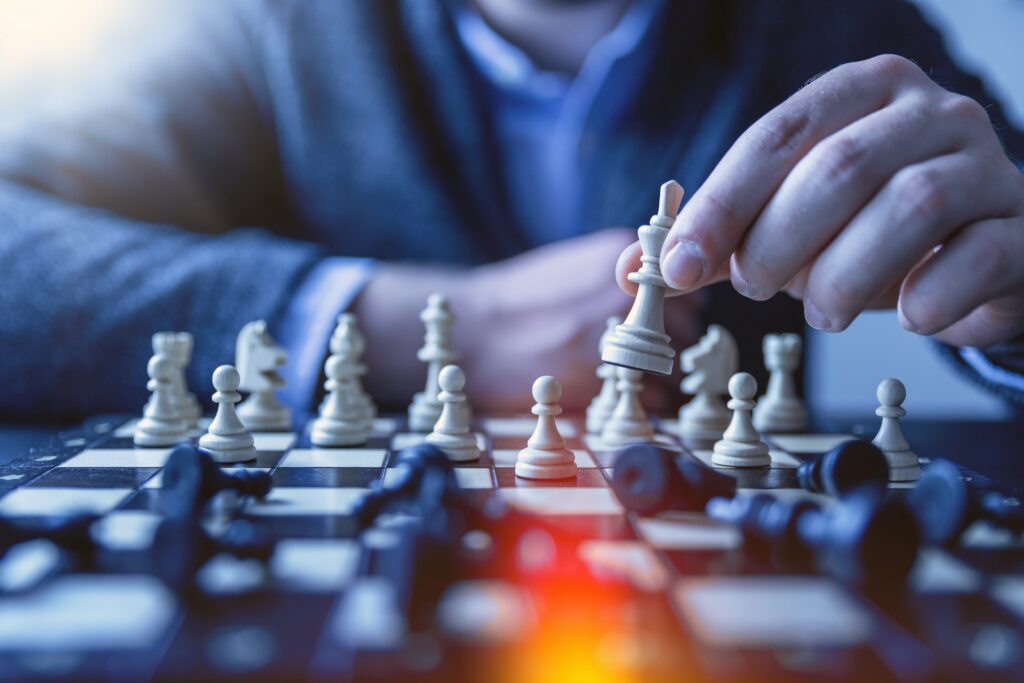
Those same folks will be devastated next game when they go bankrupt. (Which is the meta point of the game) Very few play the game and then give away their power and influence. I’m not even sure it’s possible to do. (It’s a terrible game I haven’t played in many years for this very reason. I get my schadenfreude elsewhere).
The game of life is a lot harder to see and understand than a game of monopoly. It’s also… even less fair. White Privilege is the experience of having more power than another group based on skin. Unfortunately, the way we currently have been talking about it sets it up to be more about seeing the amount of power you have as not being “right”. Then it focuses on shame. Encouraging humans to look at what our brains are simply not really set up for, acknowledging favoritism that works for you. It becomes about what the minority doesn’t have and how that’s an issue.
So most people handle being told what they believe is their “right” is wrong in one of two ways; they feel bullied and as though people are trying to hurt them, or overwhelming amounts of shame. Both reactions actually stop the conversation and therefore stop our ability to look at the power in our life. To notice if things are fair and even, or just what we are used to. We lose the ability to see what has been all along.
The Current White Privilege Model And Why It’s Not Working
Currently, discussions of white privilege — I am focused on racial privilege here but it can be any type — focus exclusively on seeing what issues you do not have to deal with and the impact that could potentially have on your life. Unfortunately, that leaves it up to the person being introduced to this idea to have to figure out a lot of things on their own and seeing the real answers require a lot of work. Additionally, that additional work is equally as hidden to them as the concept of white privilege was, to begin with. This sets them up to be influenced in their vulnerable state to believe in things that seem “more plausible” than this amorphous concept of white privilege.
The other issue with this framework is that it sets up the white experience as the baseline and all others as deviations from that norm. Sadly though the only way we are used to talking about deviations is in terms of moral worth.
The problem with “normal”
Politics aside, when you think of the words “younger generations of Americans ” what comes to mind. Envision them in your mind; what do they look like, act like, what do they do in the world. Got it?
What did they look like? Were they white? College-educated? Probably. Were they LGBT? Probably not, and if they were it was likely you projecting an idealized version of yourself. Why do we know they are Christian, but not overly so. That the man is likely an engineer or a business owner and the woman working with people. Why is it that when many of us think of “average” or “normal” or “American” we often come up with the same ideas?
More importantly, why is it impossible to envision minorities, particularly racial ones, that aren’t as close as possible to this ideal vision. How many intersections of identity did your group have? The American ideal is most common with a skin tone or being LGBT change next and yet everything else remains the same. That singular “defect” enough for them to stand out, but not enough they aren’t included in the idea of “younger generations of Americans”.
You Can’t See What You Don’t See
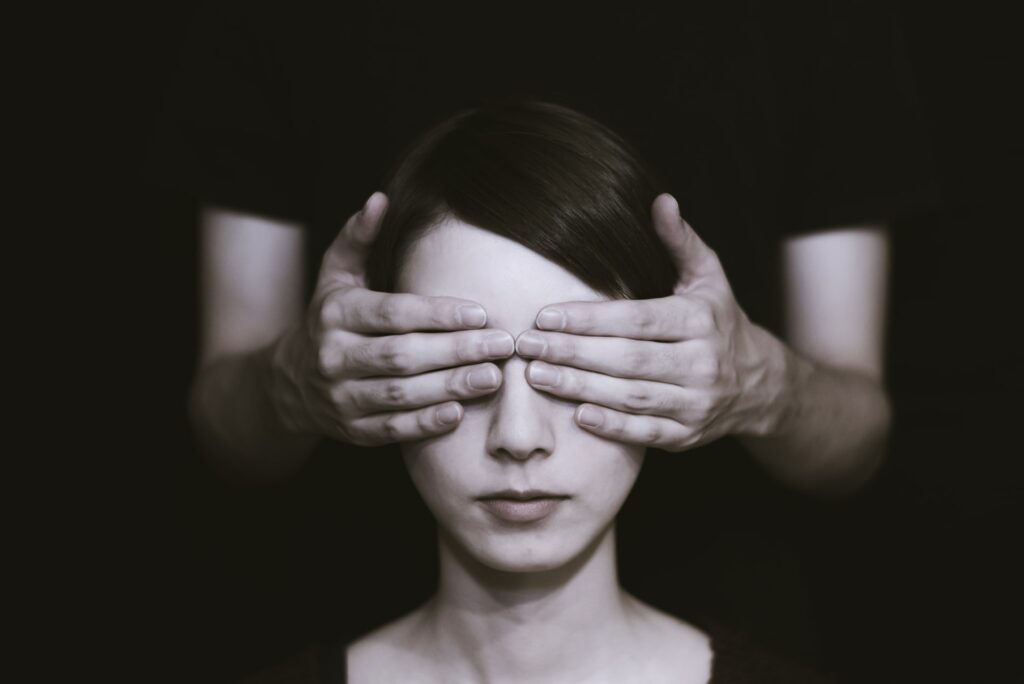
That is the danger of looking at certain populations as being “normal” and “average” and all other experiences as being something else. Even if you are aware of white privilege this makes it seem as though by allowing our standard to include more types of people, that we are making exceptions and allowances, for what hasn’t been “earned”. We see the massive amount movies of white men having mundane superpowers (often while struggling with control over them) like; money, growing up in Kansas, archery, 5 kids in a trench coat, and a quick man as standard.
But having a woman be good at a skill, movies based in Africa that star Black people or a happen to be LGBT as a deviation. It’s pandering and taking from the standard. Those who understand privilege may even support these ideas that highlight the unseen portions of a population but still see it as being good for “them”. Those who don’t fit the standard, and not good for everyone. Or good on principle but not much more than that. It’s wrong, and part of why I think the privilege conversation hasn’t gone anywhere and studies are finding that telling people it exists doesn’t change how they act.
A Different Way of Looking at white privilege
Thus far we have been looking at privilege as this thing some people have and shouldn’t. And equally, something others don’t have. Those with privilege have to end up looking down at what others don’t have, often in pity, and then make choices about how things should be and how we got here. Instead, what if we turn the idea on its head and look at it the other way.
What if white privilege is looking at what YOU have as the exception. Could it be that your experience is the unusual one and it is only achieved by the hidden support of Black and brown people? (or other minorities for that matter) Let’s look at an easy example; what do you do to go get a cup of coffee/tea from a local shop? (Assuming it’s non-covid times or your country is not absurd like mine.) Think about it with as much detail as you can even if it seems silly or unimportant.

Some, but a non-inclusive set of prompts:
- Where are you living and why?
- What will you wear to get coffee and why?
- What options do you have?
- How will you get there?
- Which place will you go to?
- Which ones do you avoid and why?
- What do you do when you get there?
- do you set your bag down?
- make eye contact?
- body language?
- get your wallet out?
- look around?
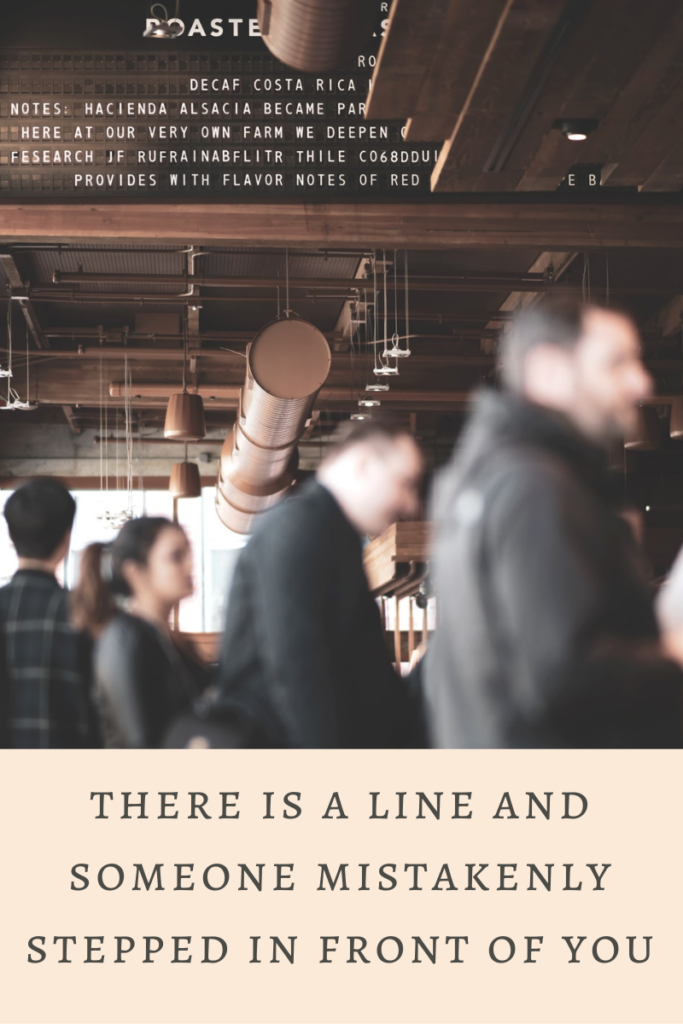
- What happens now? What do you do about it and why?
- You finally arrive at the front of the line. What are you getting and why?
- What is the cost?
- How do you treat the clerk and why?
- How do you tell them your name
- Is it a nickname
- Are you anticipating needed to repeat it
- Or them getting it wrong
- is there anything else about this interaction you consider?
Drinks up! It’s wrong
- Do you ask them to fix it? Why or why not?
- How do you talk to them?
- What is your body language like?
- Where do you wait?
- Where do you choose to sit and why?
- How long do you sit there?
- Are you working?
- What are you doing and how much space does it take up/attention does it bring to you?
- If you need to pee what steps are needed for that to happen?
- Is the music playing music you know?
- How many people look like you?
- Do you intentionally interact with them?
- Your drink is mostly finished, do you keep sitting for how long and why?
What’s the Point of This?
I bet some of you are thinking I’m being intentionally dense. That some of these questions are unneeded or excessive. And that my friends is exactly the point. If you read one of these prompts and found it confusing, unneedful, or scoffed, I’m honored to inform you that you have a great deal of power. And/or are blind to power dynamics on a societal level. Join our community group, where we discuss these things, add your experience, and see the experiences of others. For now, We will use me as an example. I have every single one of these thoughts and more when I walk into a shop. That’s beside my anxious thoughts. My life is consumed with needing to be aware of the power dynamics around me and how I am perceived within them.
Often the amount of power I can pull off in a given situation (up to the limitations of my visible minority identities) is directly impacted by how much I can make myself seem/look like the best version of “normal” as possible. Using coded language, behavior, dress, body language, and choices to influence the amount of power I have. There are some additional limitations to my own safety too. Do I have the power today to fight this; to speak up, to go pee, and be pretty sure (because I’m never really positive) that I won’t end up in a conflict? A conflict that can easily escalate to losing my life as people perceive me as a threat. As an other, as a defective version of themselves, even unconsciously. If it doesn’t go there, it simply adds steps and conflict to my life just to prove that my differences aren’t defects.
What if the standard was different?
I know many of you don’t have to do things like; get dressed as if you are going into an interview for doctors to take you seriously. Or grit your teeth and allow people to jump in line because they are older and white could be a major issue. Grin awkwardly with a wide berth to white women who lean away from you. Or avoid eye contact with the women lusting after an idea of your body, lest they turn that eye contact against you.
Y’all don’t have an internal timer in your head about how long you can sit before you are seen as a problem. If you are safe to pee in this building. You never go days without seeing someone who looks like you or see only bodies unlike yours celebrated. You may have some of these experiences but what if, this WAS the standard.
What would change in your life?

What would you lose access to? Would you have to tolerate worse treatment to get through your day, to get that cup of coffee? Would you wear sweats and be seen as a thug or a suit and be hot and stuffy right out of bed just to get a better chance at good service? How would what you buy change to reflect this. Would you shop in the same places if you knew 80% of the time you go in alone you would either, not get service at all without insistence, or be followed through the store?
Would you go to the same bars if you saw flags outside suggesting they hate you or at least think you are less than them? What hobbies would you drop because you are harassed and pushed out of them? Would you still do them even if it meant you might die because of it? What would you miss out on because people think the culture you are from is wrong?
What would it be like to assume you can’t go places and do things without having to constantly balance this? Refusal means you can’t go and fighting could mean your life. What would your life be like if you couldn’t get loans, service, healthcare was significantly worse, your body was shamed for things 100% out of your control? All because other people have power and so someone must be powerless and it was just the situation you had to live in. If dating wasn’t just picking someone you like but digging through profiles of people who you know, will never answer you, that it was roulette to see if they would likely turn violent on a date. AND this is important, no one would care.
No one would care.
The Reality is Harsh
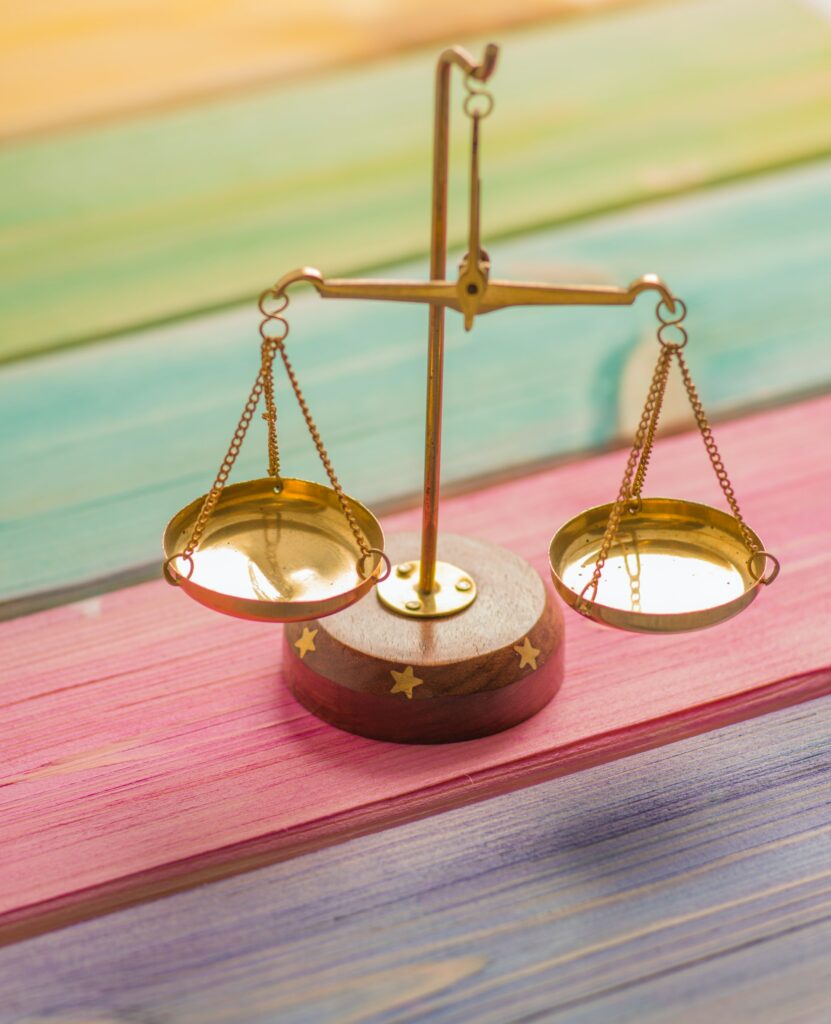
I think many people see white privilege as this set of things they don’t have to deal with, instead of a set of things they get. It’s additive. You have access to loans because people like me, don’t. When your server is doting on you hand and foot, it’s because that time is being taken from somewhere else. Your power and value trump the value and power of the alternative. That special deal you got, the extensive choices of partners, the places you can go, and the things you can do without worry or much thought is in the direct balance of the lack of that in my life.
You wield or at least have power over my life, the power that came from somewhere. You may not want it, you may not acknowledge it, but I have no choice but to. If you and those with power decide I don’t have something, I don’t. It’s a question of opportunity. You may not get married, you may never want to or be able to, but that’s an option for you. But in some lives getting married means a loss of their livelihood, or having to do so with sacrifices around showing up as themselves.
Maybe you never think that much about speeding besides the inconvenience that being pulled over might be, while others can’t because it could cost them their life. Contrary to what the world has told you; if you let go of the feeling of being entitled to that treatment and accept that in reality the standard of how someone is treated starts at the bottom and not your level. You have power, and sometimes a lot of it. It’s not that we are missing something but that you have too much.
Fine. What now?
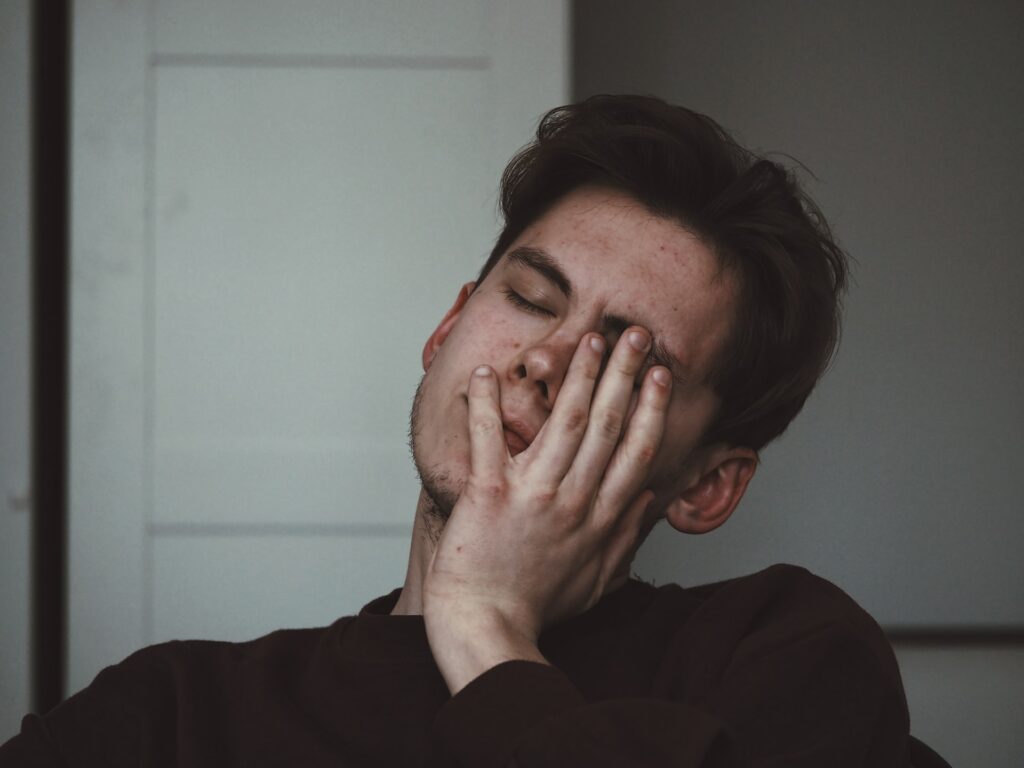
Firstly don’t focus on shame. Shame is not going to help you here and it doesn’t really help anyone else either. You are not bad because you have things others do not, but you may have done/be doing things that harm others because of it. It’s also very difficult to conceptualize the things true in your life are not true for everyone. You don’t know what you don’t know, and all that. So, it’s important to believe people in their experiences even, especially if it’s hard to believe. If you get conflicting answers it is because they may have some things in common and not everything even if they are both brown. I talk about that more here.
A Dance Analogy
I often talk in my dance classes about partner dynamics and why I hate the idea of “giving your partner space”. There are lots of reasons why I hate it, and the importance of it here is the aspect of power. Often there are unconscious assumptions happening in the partnership about who has more power. These assumptions differ by culture. In the majority-white classes, I always hear this idea of giving the partner space and challenge it. The follows rejoice excitedly to have a voice but then I challenge them too.
See, what people were missing was the assumption that it was within the leader’s power to give the followers something, that this was a gift good leads did. At the same time, follows waited to be given that power and resented when they weren’t. Ultimately though, the power always remained in the hands of the lead because even if the leaders let go, the followers often were unsure of how to pick it up. Meaning leaders then got to see and decide if, when, and how much power a follow could have. Ultimately meaning they thought they were doing more to equalize things than they were.
Yet, if the follower tried to force their way into that power, they were seen as rude and disruptive, and disrespectful. Many followers distrusted and resented leaders then and overtime stopped using power at all or turned into leaders.
Are you noticing a parallel here?
They looked at it as if that leader’s power was something that could be given away, and not something that was never theirs, to begin with. That although different by changing their relationship and expectations around power, balance, and gifts, it opened up unseen — by them — ways of relating. It was scary and vulnerable for leaders to not accept the extra power they were given. It highlighted their own shortcomings, the crutches they’d come to rely on. The ways that by opening their eyes to the standard actually balanced level they saw how much they took for granted. Also, that many of the worries came from a place of seeing leading as the baseline and following as something lesser, but by trusting (and let’s be real, teaching ) follows to step up and not allow that to be taken from them, were they able to let it go.
Bring it back to race, we don’t need you to speak for us, to be perfect, to help us be more like you, to give us a gift of the white privilege you have. What we need is for you to adjust and really look at how the world is giving you more, demanding you take more and encouraging it because it’s easy and comfortable — and who doesn’t love more of that!— and then leave it. Set it down. You don’t get to dole it out and with that, you may find somethings in your life feel like they are harder, unfair. You are right, they are and that… is going to take some adjusting to. Not only do I believe in you but there is a gift for doing it. Empathy.
The Gift of Empathy
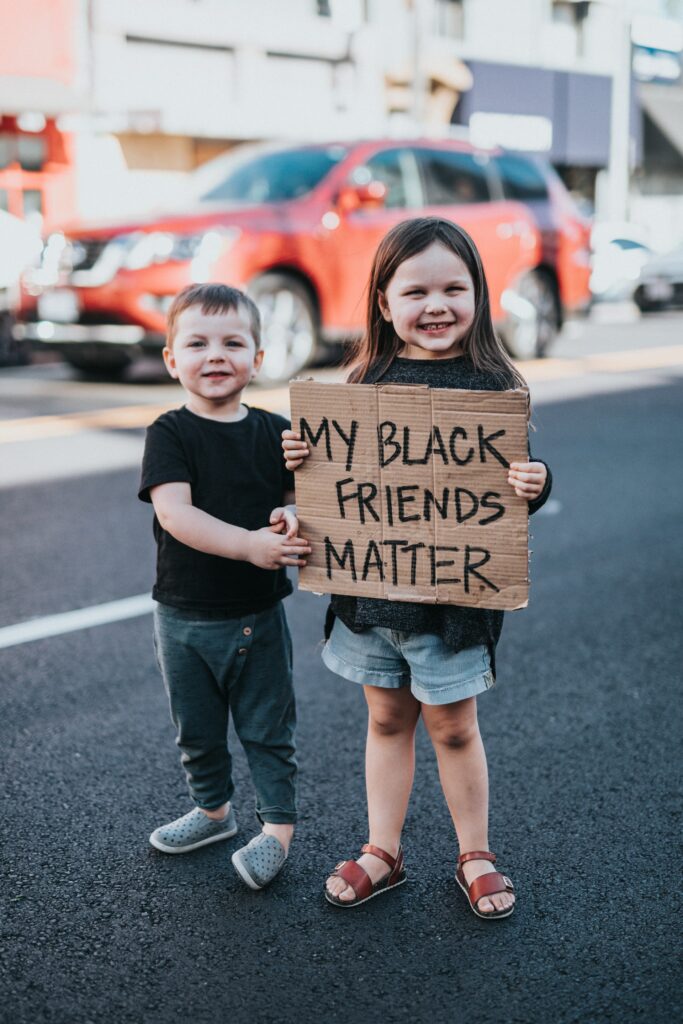
By opening yourself up to really see the ways that the world has kept you from relating, really relating, to experiences unlike your own, you start to be able to relate to others better. You’ll likely get and maintain a wider diverse set of people with different problems and be unable to stop seeing how power and privilege affect us. You’ll be able to really see the lives of the people unlike you but also gain an understanding that you can exist and thrive without that extra power. That in the loss of power there are opportunities for deepening self-love, integrity, relationships, and empowerment. You’ll move away from white privilege to white harmony.
And like so many practices it is not about arriving there but moving towards it. Will you always have white privilege, yeah probably. The systems are set up to support that and until white people are willing to be uncomfortable for the live standards in others’ lives to be higher, it will remain. But, I believe there is an underappreciated bottom-up aspect to changing racism and white privilege.
Policy without empathy changes nothing.
As we are seeing and have seen for a few hundred years even if the laws say one thing there are ways around it. There are biases that get in the way of them working and sometimes… you have a dic- president who changes them. This is not to say stop putting pressure on the top but this is also important. I know I’ve changed people’s minds on various topics simply because they found out and really empathized with what my life is like compared to theirs. These mindset shifts are passed on through our interpersonal relationships. This affects the way people vote, run business, hire, date, raise children, and view the world. What a world we could live in! Accepting that what is standard for some is exceptional for others is the first step.
This article is a part of a series of articles tackling some of the concepts a white person may run into, and struggle to accept/ understand. This is meant to be a down to earth primer for being able to get into the really difficult questions, but that won’t work if we are speaking in different languages around these topics. This is part 2 and part three will be coming out in November. Next week, will be an article on maintaining hope in hard times.
Remember this site is funded by readers like you. Consider supporting the site on Patreon as a monthly supporter or Kofi for one time support. If you love the site but aren’t in a financially good place to support we have an article about the best ways to support!
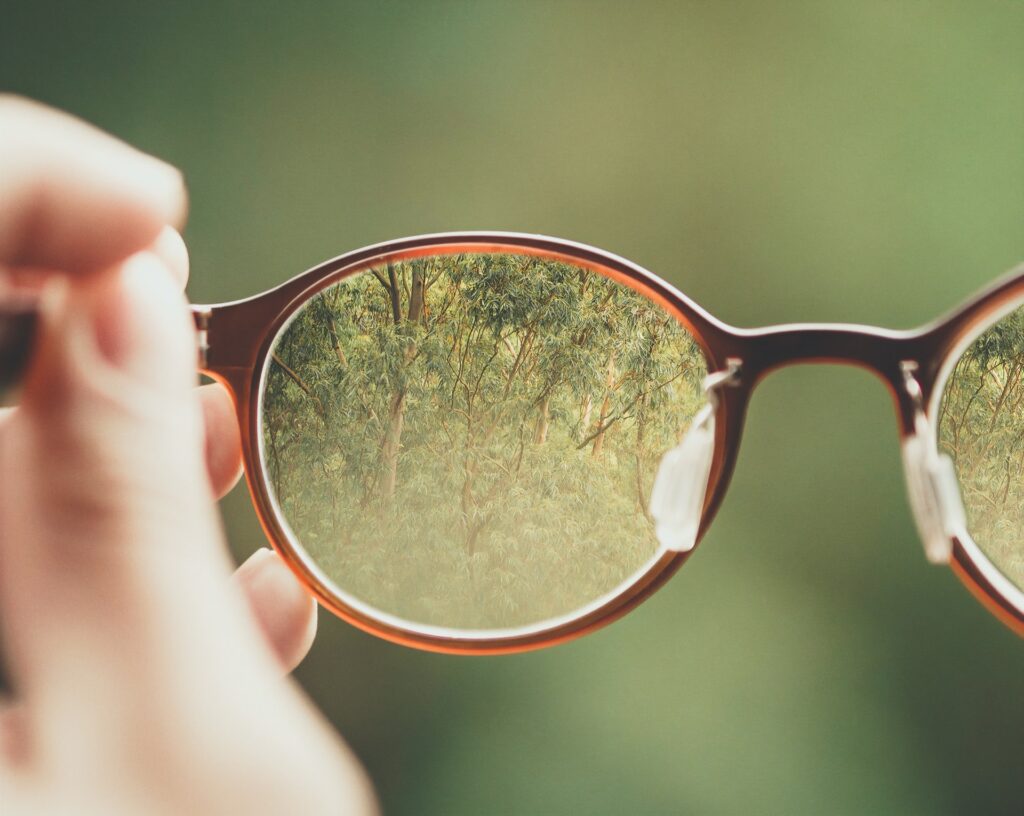
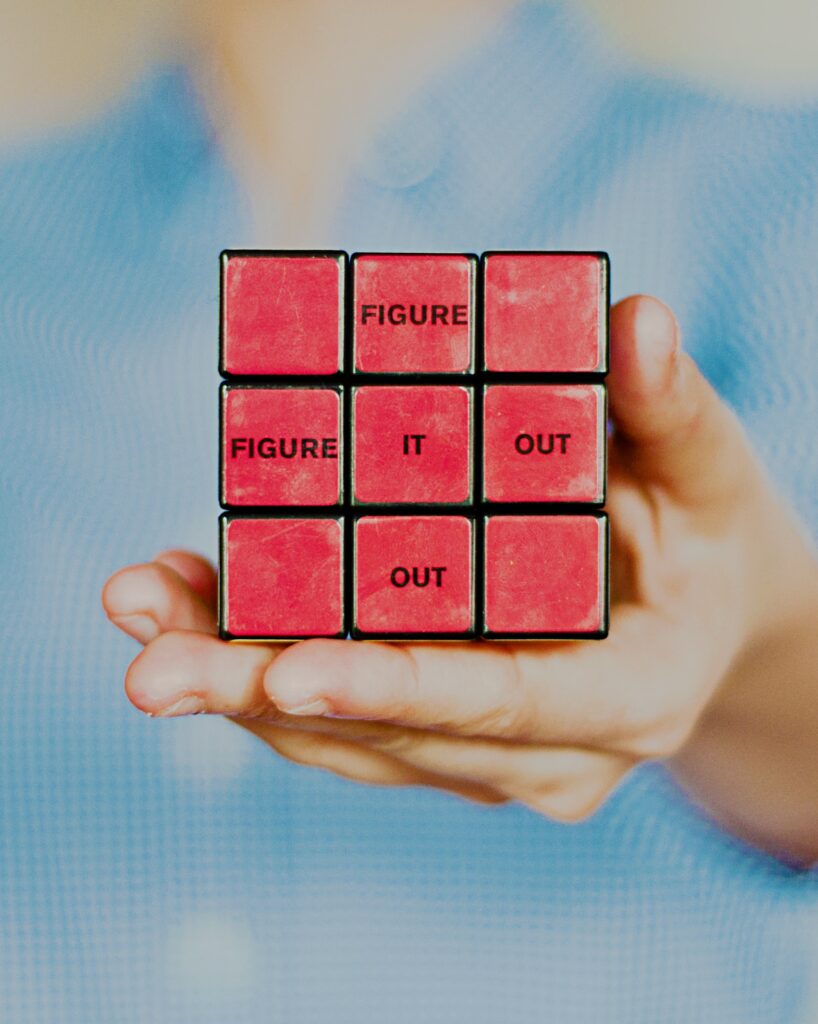
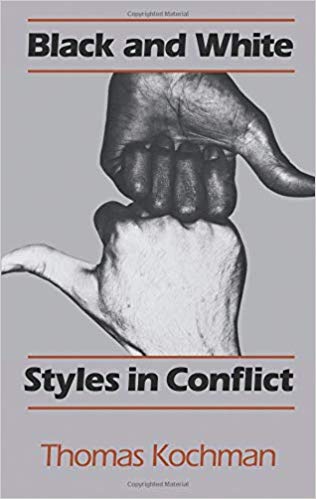
I gained a great deal of information and perspective here. Will find and read part 1, will look forward to part 3